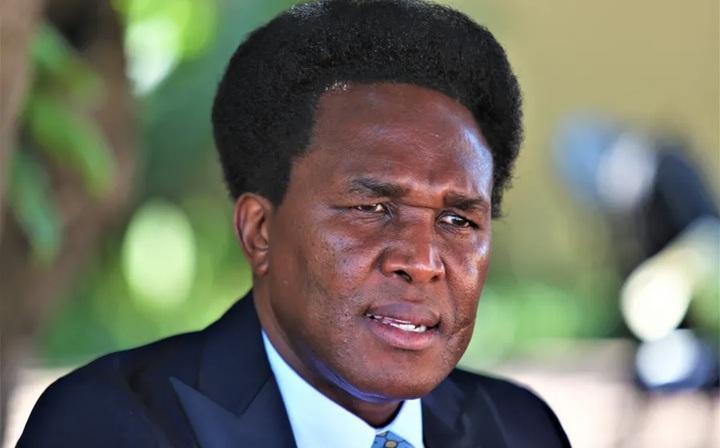Africa-Press – Mozambique. Former Mozambican presidential candidate Venâncio Mondlane acknowledges having made some “less correct decisions” during contesting of the 2024 election results, but says that, one year on, Mozambique has gained a more mature and politically aware population.
“I cannot say that I have repented, or that I repent for that, but I recognise, being human as I am, that there were strategies, there were options, there were decisions that were probably less correct, but the strategic objective, the focus, was at no point harmed by any single less correct decision,” he insists in an interview with Lusa.
He reiterates, however, that the process of contesting the results of the 9 October 2024 general elections “was positive”, taking into account the “tangible outcomes” such as the “civic and political culture” and the “understanding of what a state is”, “even among the humblest people”.
“Therefore, I cannot say that I have repented, or that I repent for that, but I could probably, now, in retrospect, review some strategies, some decisions, some tactics of action,” he insists.
Mondlane even states that “the country has gained a lot”, and that the population is now “more mature” and “more capable of debating the essence of the country’s key issues”, including, he notes, “the women selling tomatoes or onions”.
“In this respect, I believe I can consider that I have contributed, and I take some pride in having initiated a process of social and political transformation in Mozambique, which had been practically stagnant,” he said.
On 23 December 2024, two-and-a-half months after the 9 October general elections, the Constitutional Council declared Daniel Chapo the winner of the presidential election, with 65.17% of the votes, followed by Venâncio Mondlane, who received 24%, but has never acknowledged the results.
Around 400 people died as a result of clashes with the police, post-election conflicts contesting the announced results, which escalated into widespread looting of businesses and public institutions, strikes, and road blockades. These disturbances ceased after meetings between Mondlane and the Mozambican president, Daniel Chapo, on 23 March.
In the same month, a national dialogue process was launched involving the president and political parties, aimed at implementing, over two years, various reforms, including the review of the electoral law. However, Anamola, the party founded and led by Venâncio Mondlane and legalised only in August, remains excluded.
“If we go into the depths of this so-called inclusive political dialogue, it tends more towards an exclusive political dialogue rather than true integration,” he said “Essentially, this regime still wants to maintain the same political system and the same order of things that existed before 9 October.”
He even admits that the process may serve merely to postpone decisions until the next municipal elections in 2028 and general elections in 2029: “I think this possibility is very valid, especially since the set of reforms proposed for dialogue and debate do not address the essential issues.”
“The problem that led the country to the post-election crisis is simple: vote theft, electoral fraud. That’s it. So the central issue here, the essence, the main problem, is the problem of not having free, fair, and transparent elections. This is the main question,” he stresses.
Consequently, he argues, the “most urgent reform” does not need to wait for the two years envisaged in this process and could advance immediately at the parliamentary level, which reconvenes this month in ordinary session.
“Because, in two years, we [Anamola] will be practically on the sidelines for the municipal elections. And this could be used as a reason to say there is no space for implementing and operationalising these reforms. I believe the issue of reviewing and reforming the electoral system is the most urgent and should be done in a much shorter time frame,” he said.
He therefore warns in advance: “If this is not done now, naturally it is to postpone – using a typical Mozambican expression, to ‘push the matter with the belly’ – to a date with no plan.”
For More News And Analysis About Mozambique Follow Africa-Press






